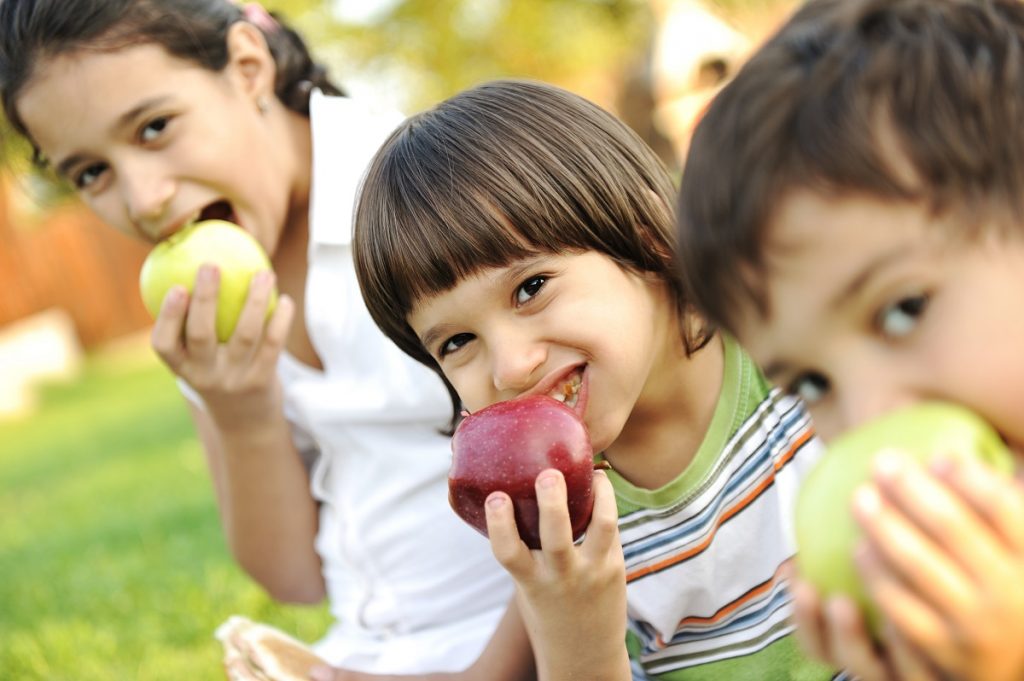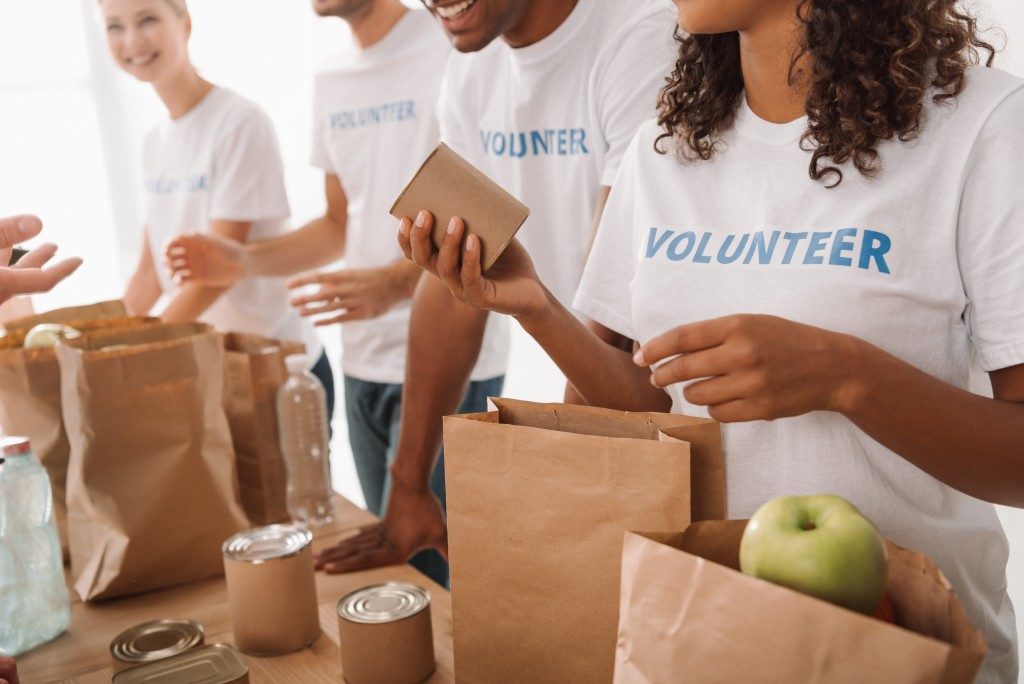- Art and craft activities encourage the development of creativity and fine motor skills while enriching a toddler’s sensory experience.
- Outdoor activities and organized sports promote physical health, cognitive curiosity, and social interactions while teaching fundamental life skills.
- Swimming and dance parties offer unique environments for physical development, sensory stimulation, and social interaction, all packaged within fun activities.
- Obstacle courses provide a thrilling platform for toddlers to develop motor skills and problem-solving abilities and encourage social interaction.
You’re likely aware of toddlers’ boundless energy as a parent. Encouraging them to engage in activities that help expend this energy can be both a fun and healthy part of their development. Here are some top methods to channel toddlers’ enthusiasm into constructive outlets, promoting their physical growth and learning while ensuring they have a great time.
Soft Play Area
Fun soft play areas for toddlers can be a fantastic venue to channel their inexhaustible energy in a safe and stimulating environment. They generally feature a variety of play equipment that’s padded and cushioned to minimize the risk of injuries, promoting free movement and exploration.
Toddlers can climb, slide, jump, and crawl, working on their gross motor skills, coordination, and balance. Additionally, these play areas often incorporate colorful and varied sensory elements, enhancing cognitive development. Interacting with other children in the soft play area also aids in their social skills.
Including themed sections and imaginative play, setups can further boost creativity and problem-solving skills. While toddlers delight in the pure fun of these spaces, parents can rest assured knowing their child is learning, growing, and developing in a secure and enriching setting.
Art and Craft

Art and craft activities are essential to a toddler’s constructive play and learning. They allow young children to express their creativity and individuality while refining their fine motor skills. Simple activities such as drawing, painting, cutting, sticking, or molding can significantly contribute to their hand-eye coordination and dexterity.
Art and crafts also provide an excellent platform for toddlers to learn about different shapes, colors, and textures, enriching their sensory experience and understanding of the world. Encouraging toddlers to create their art pieces fosters self-confidence and independence.
Furthermore, these activities can instill early numeracy and literacy skills as children count items, recognize patterns, and describe their creations. So, an art corner filled with safe, age-appropriate art supplies can be a wonderful addition to your toddler’s play area, promoting a rich blend of fun, creativity, and learning.
Outdoor Activities
Outdoor activities offer an excellent platform for toddlers to explore their surroundings, learn about nature, and expend their energy in a fun and healthy manner. Simple activities like playing ball, running around, or playing in a sandbox can significantly boost their gross motor skills, coordination, and balance.
Furthermore, spending time outside exposes them to different sensory experiences, reinforcing their understanding of the world. Encouraging activities such as identifying shapes in clouds or collecting leaves can also foster cognitive development and curiosity.
Organizing playdates in the park or garden facilitates social interactions with peers, fostering their communication and cooperation skills. Moreover, outdoor play in green spaces can calm children, boosting their mood and overall well-being. Therefore, incorporating regular outdoor activities into toddlers’ routines can benefit their physical, cognitive, and social development.
Swimming

Swimming is ideal for toddlers, offering numerous physical and cognitive benefits. It enhances their gross motor skills, coordination, and balance while building cardiovascular health. In a safe, supervised environment, toddlers can learn basic water safety skills, boosting confidence and fostering a love for this invigorating sport.
Additionally, the sensory stimulation provided by water can enhance cognitive development. The buoyancy and resistance experienced in water offer a unique environment for toddlers to explore. Interacting with water helps them understand concepts like floating, sinking, and movement, stimulating their curiosity and problem-solving skills.
Group swimming lessons can also aid in social development, as toddlers learn to share, communicate, and cooperate with their peers. Therefore, incorporating swimming into a toddler’s routine can be a fun and rewarding way to promote their holistic development.
Dance Parties
Dance parties for toddlers are a delightful and effective way to channel their energy while teaching them about rhythm, movement, and coordination. The simple act of moving to music can foster physical development, improving balance and gross motor skills. Moreover, dancing is a fantastic expressive outlet, allowing toddlers to explore their creativity, emotions, and individuality.
Using varied music genres can introduce them to different cultures, rhythms, and instruments, enhancing their auditory experience and cultural awareness. Dancing together also promotes social interaction, as toddlers learn to move cohesively in a group, enhancing their communication and cooperation skills.
Additionally, dance parties can be a great source of joy, laughter, and fun, boosting their mood and self-confidence. Therefore, incorporating dance parties into their routine can offer toddlers a multi-faceted platform for learning, growth, and enjoyment.
Obstacle Courses
Creating obstacle courses for toddlers can be a thrilling and educationally packed activity. These courses can be set up with everyday household items, making them easy and cost-effective. Obstacle courses can help develop a toddler’s motor skills, balance, and coordination while teaching them problem-solving as they figure out how to navigate the course.
Moreover, they can be designed to be progressively challenging, promoting a sense of achievement as the child learns to overcome the obstacles. Including elements such as tunnels to crawl through, pillows to jump over, and ribbons to duck under can make the course more fun and engaging.
This activity can also foster social skills when toddlers take turns or help each other in a course. Overall, obstacle courses offer a combination of physical exercise, cognitive development, and fun, making them a valuable addition to a toddler’s activities.
Organized Sports
Organized sports for toddlers, such as soccer, t-ball, or gymnastics, can be a wonderful platform to harness their energy and instill fundamental life skills. Apart from promoting physical strength, agility, and coordination, these sports introduce toddlers to concepts like teamwork, discipline, and perseverance.
They learn to cooperate with peers, follow rules, and manage wins and losses, enhancing their social and emotional development. Introducing them to different sports can also help them discover their interests and talents early.
Furthermore, the routine and structure that come with organized sports can give toddlers a sense of security and belonging. Thus, while they enjoy the fun and excitement of the games, they’re also gaining invaluable lessons and skills that contribute to their holistic development.
Build a diverse routine incorporating these activities and provide your toddler with a rich, vibrant, balanced development environment. Remember, every moment of play is a step towards their all-round growth and a chance for you to create lasting memories with them.



